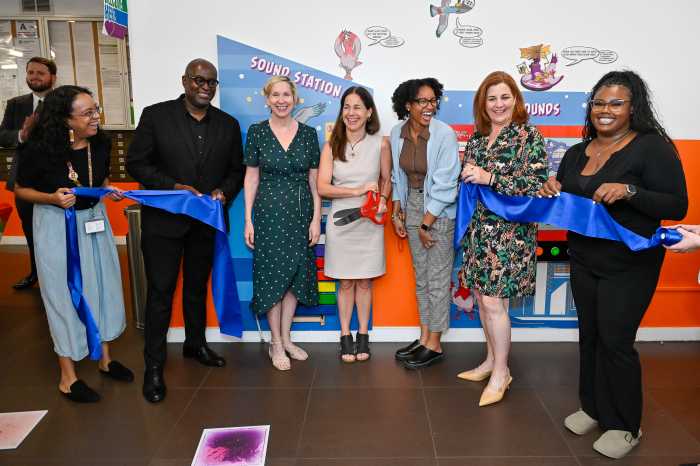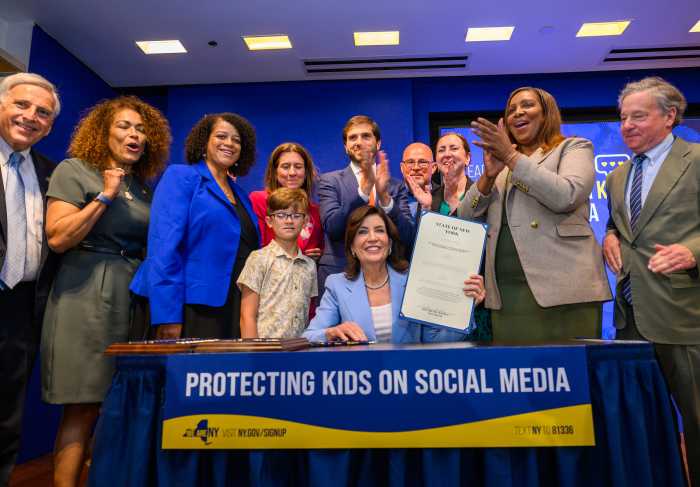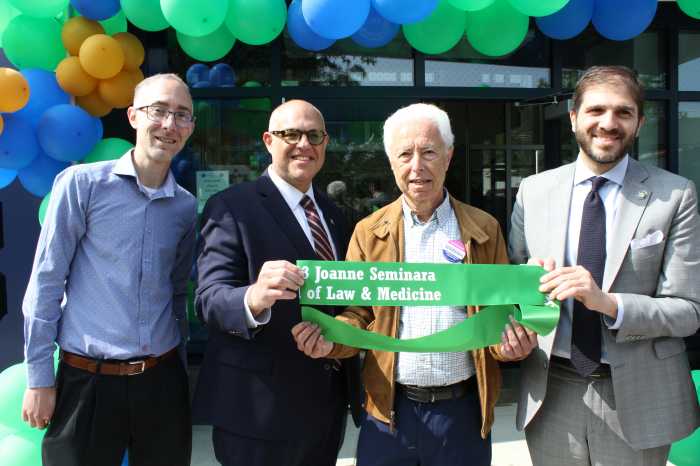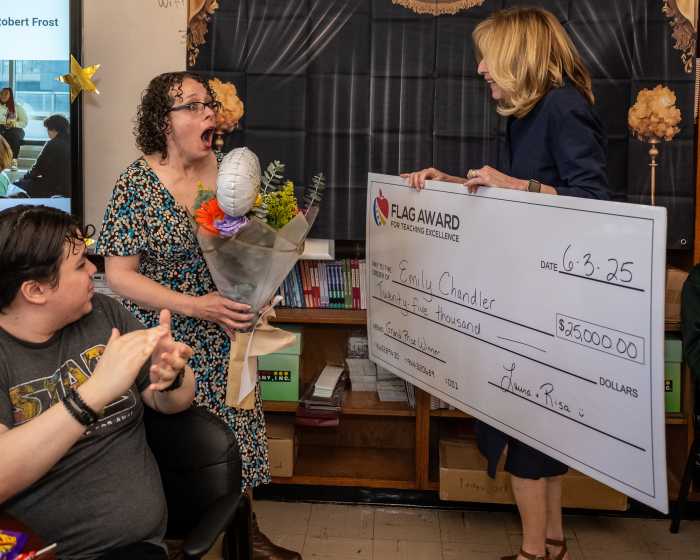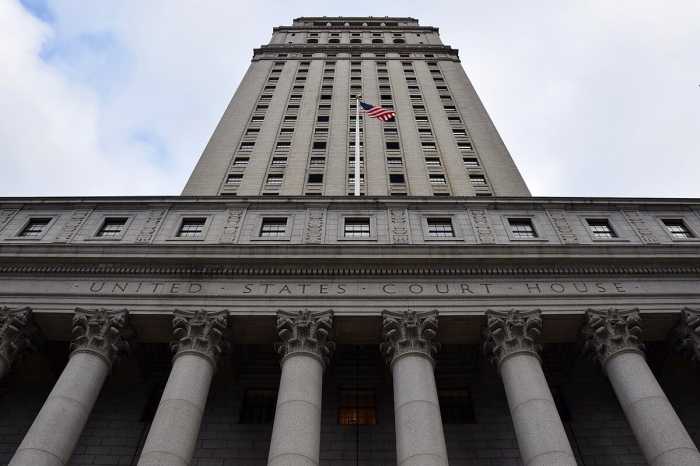I approached the splinter embedded in my 18-year-old daughter’s foot, needle in one hand, cotton ball soaked with hydrogen peroxide in the other, fingers shaking, head ducked waiting for the screams that were sure to come. I touched her foot, putting almost no pressure on the slender piece of metal, braced for tears and pleas to stop the torture she was about to experience.
To my surprise, she said nothing. I pushed a little harder, trying to dislodge the tip of the small piece of wood so I could pull it out with my waiting tweezers.
No response.
I looked at her, expecting to see her face contorted in pain and her knuckles white from clutching the chair or some other object.
She seemed fine.
“Come on, Dad, just get it out of my foot, now.”
I almost couldn’t bring myself to use more force with the needle because, in my mind, I was touching her foot 12 years ago, when she had a splinter and screamed when a needle was even in the same room. I remember having to take her to the doctor, who held my then-little girl down and with a couple of quick swipes of a sharp blade, had the offending object removed from my child’s foot.
My daughter was petrified of splinters for years after that, afraid of getting one and being subjected to that same torment.
I looked at the young woman in front of me and couldn’t believe she had changed and, what’s more, that I had totally missed it. Of course she isn’t the same as she was 12 years ago. Back then she didn’t know any bad words and didn’t wear a bra. She hadn’t had a beer yet nor known the unique sensation of a hangover.
I recognize many of the ways she changes yearly, monthly, daily, but this escaped me completely. She was trapped in my eyes as that frightened child of so many years ago.
Now that she is 18 years old, my relationship with my daughter is starting to change. I know many people who don’t get along with their adult children and many adults who don’t want to be around their parents. I’m convinced that much of this comes from parents being unable to accept the ways their kids grow up, the people they become, pigeon-holing them in the adolescents they once were.
The pressure is on me to see my daughter for who she is, her strengths and failings, the adjustments she goes through, and here was a perfect example of my not giving her credit for what she is now capable of. I felt a bit ashamed.
So I said, “OK, here goes,” and dug into her foot with new confidence in her ability to handle the discomfort, mine to get that pesky splinter out, and ours to let our relationship evolve to include the adult she becomes.
Read The Dad every other Thursday on BrooklynPaper.com.



